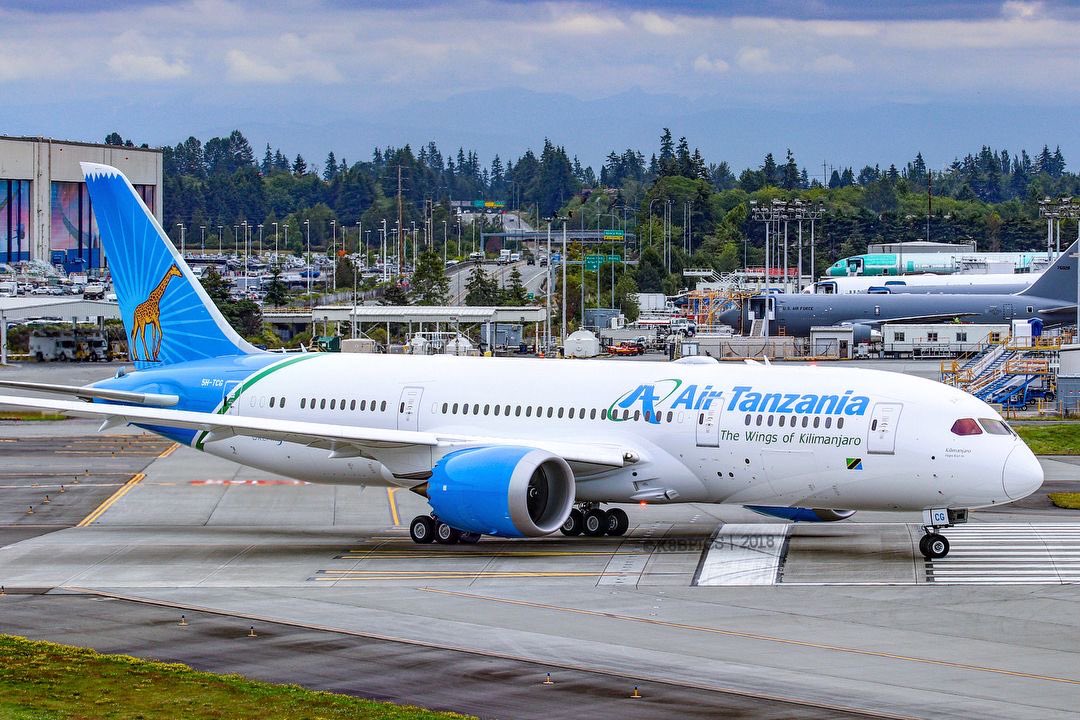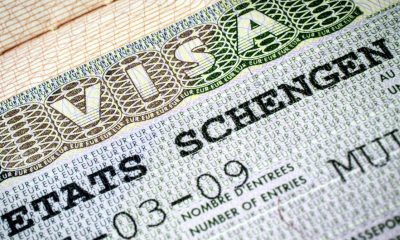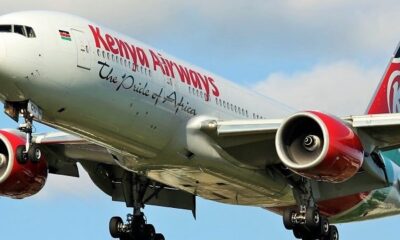Africa
EU Bans Air Tanzania, Unsafe Airline

Air Tanzania Company Limited (ATCL) has been added to the European Union’s Air Safety List, effectively barring the airline from operating within the EU.
This is even though the national carrier does not operate any flights to the European Union Zone.
The EU Air Safety List is a roster of airlines that do not meet the necessary international safety standards and therefore face either operational restrictions or a complete ban from flying within the European Union.
According to the EU statement issued on Friday, December 13, 2024, Air Tanzania’s inclusion on the list stems from safety issues identified by the European Union Aviation Safety Agency (EASA).
The statement says the EU refused to grant Air Tanzania the Third Country Operator (TCO) authorisation, which is essential for foreign airlines to operate within EU airspace.
The statement further says that as part of its aviation safety policy, the Commission ensures that only airlines adhering to strict international safety standards set by the International Civil Aviation Organization (ICAO) are allowed to operate in EU airspace.
Alongside Air Tanzania, airlines from Russia, Zimbabwe, Venezuela, Iran, Iraq, and North Korea have been banned or subjected to severe operational restrictions.
While the Commission’s decision is a setback for Air Tanzania, it mirrors a broader trend of holding airlines accountable for not meeting safety expectations.
The EU’s decision to update the Air Safety List is a result of a comprehensive review conducted by Member State aviation safety experts in Brussels last month.
This meeting, held from November 19 to 21, 2024, under the guidance of the EU Air Safety Committee, reinforced the importance of international safety compliance.
The unanimous opinions of the safety experts, alongside support from the European Parliament’s Transport Committee, led to the decision to include Air Tanzania on the banned list.
As a result, the total number of airlines banned from flying in EU airspace now stands at 129.
While some airlines, like Iran Air and Air Koryo, face restrictions that limit them to specific aircraft types for EU flights, most of those on the list have been fully barred from flying within the European Union due to serious safety deficiencies.
Air Tanzania’s path to reenter the European market appears blocked unless substantial improvements are made to meet international safety standards.
The airline, alongside other carriers on the banned list, will need to address these concerns in collaboration with their national aviation authorities if they hope to regain access to EU skies.
Kenya Insights allows guest blogging, if you want to be published on Kenya’s most authoritative and accurate blog, have an expose, news TIPS, story angles, human interest stories, drop us an email on [email protected] or via Telegram
-

 News1 week ago
News1 week agoTHE FIRM IN THE DOCK: How Kaplan and Stratton Became the Most Scrutinised Law Firm in Kenya
-

 Investigations2 weeks ago
Investigations2 weeks agoMulti-Million Dollar Fraud: Three Kenyans Face US Extradition in Massive Cybercrime Conspiracy
-

 Economy1 week ago
Economy1 week agoIran Demands Arrest, Prosecution Of Kenya’s Cup of Joe Director Director Over Sh2.6 Billion Tea Fraud
-

 Business2 weeks ago
Business2 weeks agoA Farm in Kenya’s Rift Valley Ignites a National Reckoning With Israeli Investment
-

 Africa2 weeks ago
Africa2 weeks agoFBI Investigates Congresswoman Ilhan Omar’s Husband’s Sh3.8 Billion Businesses in Kenya, Somalia and Dubai
-

 Grapevine6 days ago
Grapevine6 days agoA UN Director Based in Nairobi Was Deep in an Intimate Friendship With Epstein — He Even Sent Her a Sex Toy
-

 News2 weeks ago
News2 weeks agoTragedy As City Hall Hands Corrupt Ghanaian Firm Multimillion Garbage Collection Tender
-

 Arts & Culture2 weeks ago
Arts & Culture2 weeks agoWhen Lent and Ramadan Meet: Christians and Muslims Start Their Fasting Season Together





















